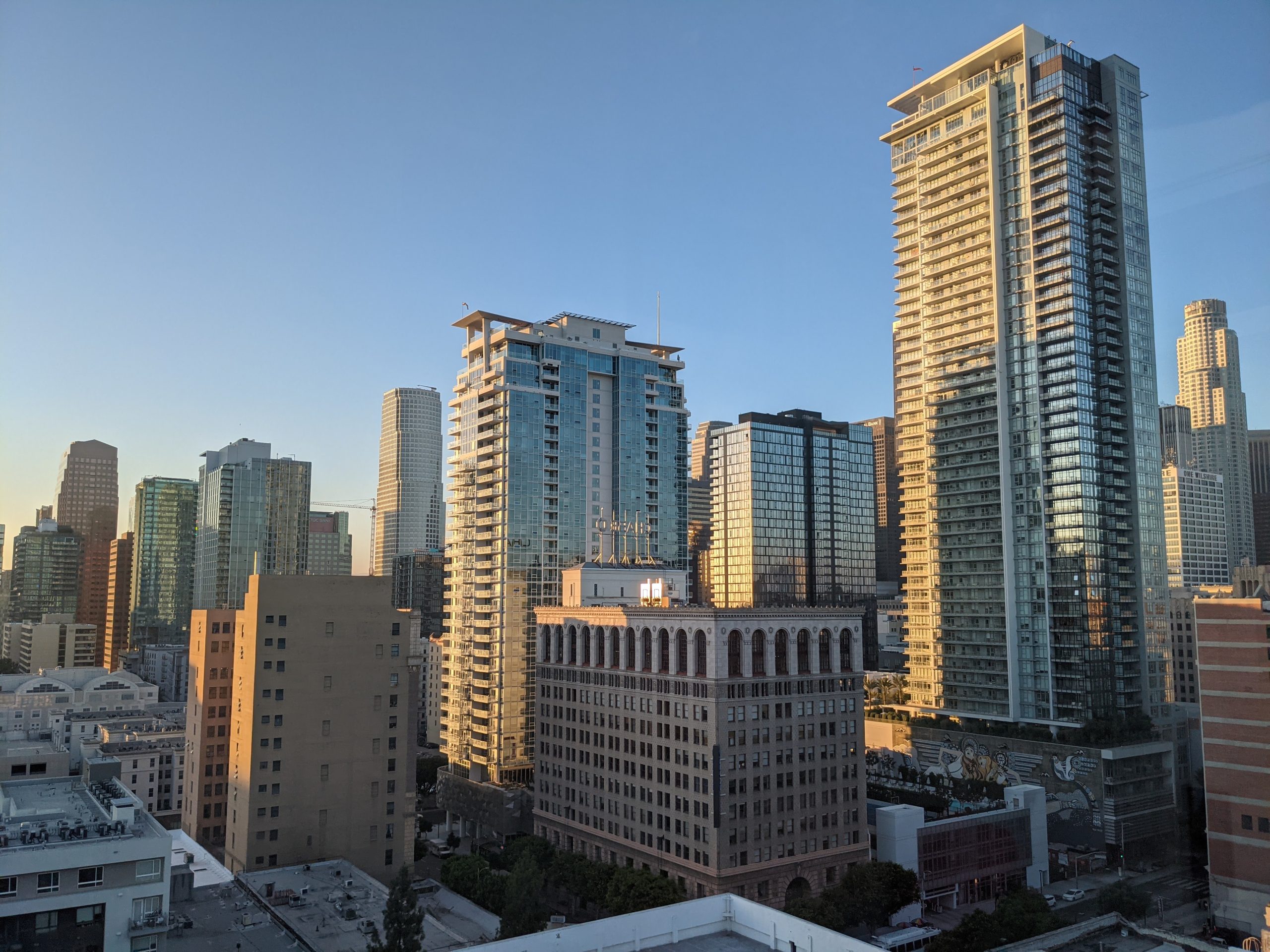THINKING: housing
Affordable Housing in Los Angeles: Mayor Karen Bass’ 3rd Revision to Executive Directive 1 (ED1)

In a continuous effort to address the housing crisis in Los Angeles, Mayor Karen Bass has issued a third revision to Executive Directive 1 (ED1), initially launched in December 2022. This directive aims to expedite the creation of affordable housing in Los Angeles, and provide shelter for the unhoused, reflecting the administration’s commitment to combating homelessness and ensuring housing equity across the city. It seeks to reform the ED1 process that has received criticism over inadequate protections for existing tenants and lack of any design requirements, among other things.
Progress and Impact
Since its inception, ED1 has facilitated the approval of over 18,000 affordable housing units in Los Angeles. The latest revision, dated July 1, 2024, introduces further regulatory guidance and protections to ensure that new affordable housing projects are developed thoughtfully and sustainably.
What are the Key Features of the Mayor’s Revised Directive?
Key updates introduced in the revised ED1 directive include significant changes in the following areas:
- Tenant Protections and Historical Preservation
- The directive enhances protections for existing residential tenants and ensures the preservation of historic resources.
- It prohibits the development of affordable housing projects on sites listed in the National Register of Historic Places, California Register of Historical Resources, or designated as City Historic-Cultural Monuments.
- Safety and Environmental Considerations
- The revised ED1 sets safeguards for projects located in very high fire risk areas and industrial sites.
- Projects on hazardous waste sites or former gas and oil wells must undergo rigorous environmental assessments to ensure suitability for residential use.
- Design and Aesthetic Improvements
- New regulations aim to improve the design, landscaping, and open spaces, including glazing requirements for facades.
- All above-ground parking must be screened, and buildings fronting public streets must have pedestrian entrances.
- Geographic Equity and Distribution
- The directive emphasizes the importance of geographic equity, promoting the distribution of affordable housing throughout the city of Los Angeles.
- Streamlined Approvals and Labor Standards
- Projects qualifying as 100% affordable will receive streamlined approval processes.
- The directive includes provisions to support labor standards and protections for workers involved in these projects as the permanent version of ED1 goes through the Council. It is unknown what this will mean but there are currently no requirements for prevailing wage.
Closing the ADU Loophole
One of the things that has been done in this revision is the close the “ADU loophole” where project sponsors were carving out large amounts of space for adding multifamily ADUs that would not be subject to the affordability requirement. For 100% affordable projects approved under this new version of the Directive, any inclusion of Accessory Dwelling Units, or the future conversion of amenity spaces and parking areas, including but not limited to recreation rooms, community rooms, storage rooms, office, and fitness rooms, into dwelling units (including Accessory Dwelling Units) shall be provided as covenanted affordable units at affordability levels and terms equal to the approved project.
Specific Provisions for Affordable Housing Projects
The revised ED1 directive includes specific provisions for affordable housing projects, including:
- Exemption from Discretionary Reviews: 100% affordable housing projects are exempt from certain discretionary review processes, provided they comply with zoning and environmental standards.
- Density Bonuses and Incentives: Projects can seek density bonuses and incentives, with specific limitations on height increases, yard setbacks, and open space requirements.
- Priority for Displaced Tenants: A Priority Occupancy Process will be developed to give priority access to affordable housing for tenants displaced by development projects.
Administrative Enhancements
Administrative enhancements involve new directives aimed at improving processes and transparency in the revised ED1 directive. Some of these include:
- Public Dashboard: The City Planning Department is directed to create a public dashboard for tracking the progress of affordable housing projects.
- Streamlined Inspections and Approvals: City departments are instructed to expedite inspections and approvals, with a goal of completing reviews within 60 days of application submission.
- Maximizing Funding Opportunities: The directive prioritizes compliance with state and federal laws to maximize funding for temporary and affordable housing.
Conclusion
Mayor Karen Bass’ revised Executive Directive 1 represents a significant step forward in Los Angeles’ efforts to address its housing crisis. By enhancing protections, improving design standards, and streamlining approval processes, the directive aims to address many of the complaints about the ED1 process to date. The Mayor is walking a fine line though—if too many regulations are imposed on these projects, it will become increasingly unlikely that developers will take advantage of the program. It will also be much more difficult for city staff to hit the 60 day review timeline.
Time will tell whether this revision has struck the appropriate balance.
The full document is available here.